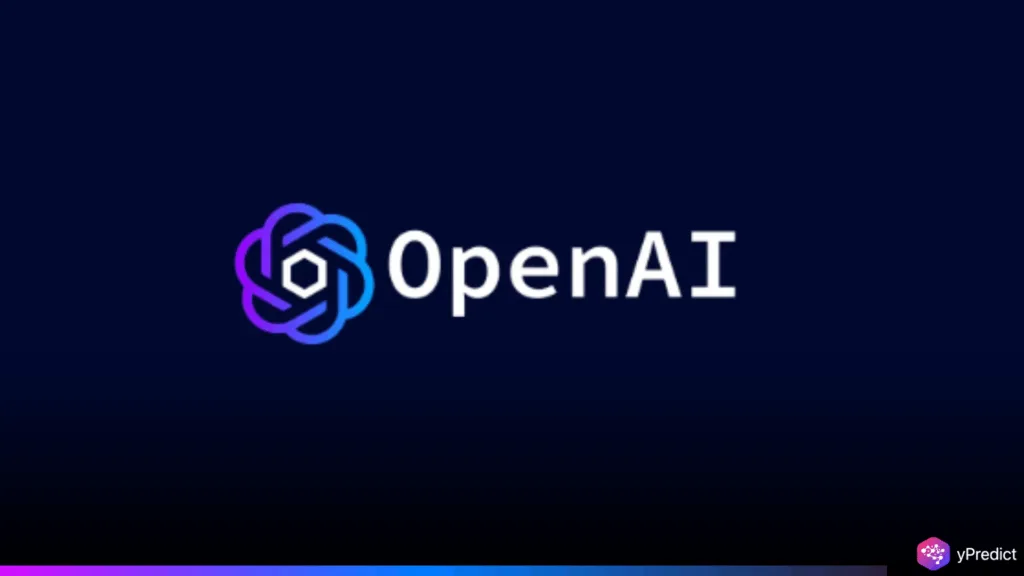
OpenAI has established its Korean corporation and says it will have an office in Seoul within months. This action is an effort to increase South Korea’s participation in AI worldwide. OpenAI’s Chief Strategy Officer, Jason Kwon, said that Korea ranks second globally in ChatGPT Plus subscribers. It is helping to direct how AI is used in different ways. The Korean office is helping OpenAI partner with the country’s national AI program and encourage stronger local AI infrastructure efforts.
South Korea Positioned as a Global AI Hub
OpenAI’s decision to enter Korea stems from the country’s strong AI readiness, from semiconductors and cloud services to tech-savvy consumers and proactive government policy. Jason Kwon emphasized Korea’s “AI full stack,” highlighting the presence of companies like Samsung and SK Hynix. And the rapid adoption of AI tools by Korean users and developers. The new Korean branch will serve as a local base for OpenAI to support enterprise clients, government partnerships, and AI research. Key partners already include SK Telecom, Kakao, Krafton, and Korea Development Bank. These alliances lay the groundwork for scalable AI deployments across sectors.
OpenAI is also eyeing deeper cooperation on infrastructure, particularly as part of its Stargate initiative. A global project to build massive AI computing clusters in partnership with governments and major cloud providers. Following its deal with the UAE, OpenAI is exploring a similar model in Korea. While no Korean data center has been confirmed yet, the company remains open to joining national AI computing initiatives. That currently backed by the Korean government. As part of its expansion strategy, OpenAI will work closely with Korean policymakers and tech leaders to shape AI legislation, ensure responsible use. Drive innovation aligned with the country’s goal of becoming an AI leader by 2027.
Stargate Project Signals Korea’s AI Infrastructure Potential
The Korean branch opens new doors for OpenAI’s Stargate project, a global infrastructure plan involving AI data centers built in partnership with governments and private firms. Kwon stated that AI infrastructure is now “a factor that determines the fate of a country,” and noted Korea’s importance in this context. Stargate aims to create high-capacity clusters capable of training and deploying frontier AI models. OpenAI offers the software layer, including its latest models, while local partners invest in hardware, power, and connectivity. Kwon mentioned the UAE project as the first model of this cooperation and hinted at replicating it in Korea, subject to alignment with local stakeholders.
In the long run, OpenAI sees Korea as a vital node in its AI deployment network across Asia. While a Korean data center has not been finalized, discussions with policymakers, such as those from both ruling and opposition parties, are already underway. Kwon’s itinerary includes meetings with digital policy leaders and government officials to explore potential collaboration paths. OpenAI’s commitment to Korea signals more than market entry. It’s about co-developing foundational infrastructure that will enable safe, powerful AI at scale. With Seoul poised to become the regional hub, Korea is being positioned as a frontline partner in OpenAI’s global mission.
OpenAI to Deepen Regional AI Partnerships
OpenAI’s Korea move is part of a broader Asia-Pacific strategy, with offices in Tokyo and Singapore already operational. During this tour, Jason Kwon will also visit India, Malaysia, Australia, and Japan to advance similar AI infrastructure discussions. In Korea, the company intends to hire a local team, engage with the public and private sectors, and offer AI services that reflect domestic needs. While data center development is still under consideration, OpenAI’s interest aligns with Korea’s national AI roadmap. With AI seen as critical to future growth, OpenAI’s arrival marks a pivotal moment in Korea’s push to become a global AI leader.






